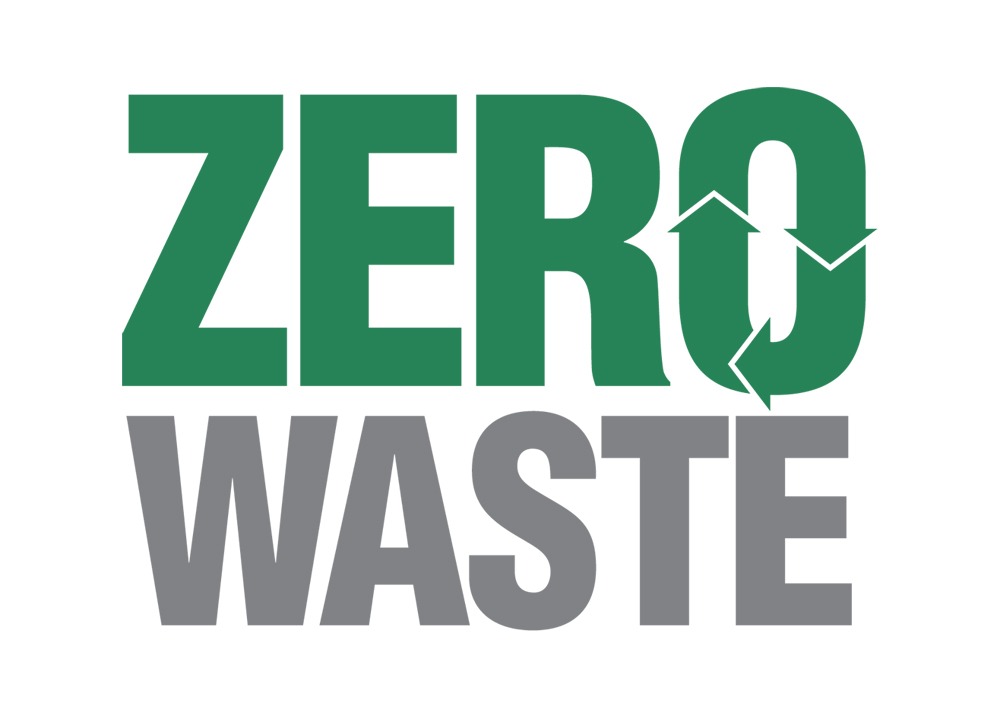
June 4, 2019; The Dispatch (Ocean City, MD)
Is a compost bucket on your packing list for summer beach trips? If not, a nonprofit in Ocean City, Maryland has you covered with plans for a citywide composting program that could eventually help protect the health of the Chesapeake Bay and improve the local economy. It’s also a harbinger of increasing public support for efforts to reduce waste amid our environmental crises.
The first phase of the program removed nearly 2,000 pounds of food waste from the trash in the famous Maryland resort town last year, according to a story by Bethany Hooper in The Dispatch.
Go Green OC is now raising money via GoFundMe for equipment and transportation to expand the program and collect data that can convince the town to invest in keeping trash local. (As Hooper writes, Ocean City currently sends waste to an incinerator in Pennsylvania.) The composting program is part of the nonprofit’s ambitious goal to make Ocean City the first zero-waste resort town in the US.
What does zero waste mean? According to Go Green OC:
Zero Waste means designing and managing products and processes to systematically avoid and eliminate the volume and toxicity of waste and materials, conserve and recover all resources, and not burn or bury them.…
Sign up for our free newsletters
Subscribe to NPQ's newsletters to have our top stories delivered directly to your inbox.
By signing up, you agree to our privacy policy and terms of use, and to receive messages from NPQ and our partners.
Zero waste is not a literal goal; we will always have some materials that cannot be recycled and cannot be designed out of the system. However, the vision of zero waste is to get as close as possible to zero disposal.…
Zero waste encompasses the full life-cycle of the products and materials we use every day. It includes the product design; manufacturing; distribution; and the use, reuse, and recycling of materials. This means everyone—consumers, manufacturers, governments, and businesses—has an important role in facilitating zero waste.
Now that China is refusing America’s once-recyclable trash, the movement toward zero waste is speeding up. And, as NPQ has covered, food waste is as large a problem as plastic and cardboard: last year, the National Resources Defense Council found that the average American throws out 400 pounds of food a year. In other words, up to 40 percent of food grown on the farm bypasses the fork and ends up in a landfill.
Over the summer, there’s no doubt that tourists generate large amounts of waste that goes unseen while families are busy playing Skee-Ball on the boardwalk and indulging in custard cones and fresh-cut fries. So, it’s heartening that the Ocean City campaign has already raised a quarter of its $5,000 goal. As Josh Chamberlain, founder of Go Green OC told The Dispatch, “It’s been a changing of tides. People are really starting to come around to this idea.”
But the initiative also highlights the ongoing question of who should be responsible for cleaning up our environmental messes. It’s troubling that communities must rely on crowdfunding campaigns to support what should be basic government services in the 21st century or regulate the large companies that produce large-scale waste to support the communities that will bear the brunt of climate change. Indeed, why isn’t every city composting and reducing food waste?
The progressive Green New Deal has more than a few answers, as NPQ’s Marian Conway has written, including a use for compost generated by towns like Ocean City. Regenerative agro-ecological methods depend on not tilling the soil, use of diverse cover crops, application of compost, and avoidance of synthetic fertilizers and chemical pesticides. Applying these principles to the more than 900 million acres of US farmland would be a game-changer for the planet. According to the Marin Carbon Project, a single application of natural compost on half of California’s rangeland would increase the capacity for carbon sequestration by 42 million metric tons.
We can only hope that efforts like Ocean City’s can help change the tides while there’s still time.—Anna Berry













